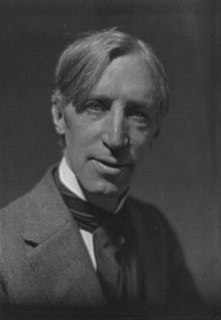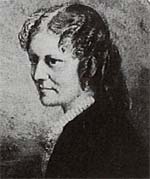A Quote by Darin Strauss
Maybe the 'Million Little Pieces' of the world are so popular because no one ever writes memoirs about PTA chairwomen; what memoirists do, and often get in trouble for, is bring interesting lives to light.
Related Quotes
Light in the heart has an interesting phenomenon. When you look at this world from here, now, light has shadows because light comes from a source. But, the same light inside the heart, which I've spent so much time looking at and so have other people, has no shadow because the light appears to come from everywhere.
Most of us live our lives desperately trying to conceal the anguishing gap between our polished, aspirational, representational selves and our real, human, deeply flawed selves. Dunham lives hers in that gap, welcomes the rest of the world into it with boundless openheartedness, and writes about it with the kind of profound self-awareness and self-compassion that invite us to inhabit our own gaps and maybe even embrace them a little bit more, anguish over them a little bit less.
Popular culture as a whole is popular, but in today's fragmented market it's a jostle of competing unpopular popular cultures. As the critic Stanley Crouch likes to say, if you make a movie and 10 million people go see it, you'll gross $100 million - and 96 per cent of the population won't have to be involved. That alone should caution anyone about reading too much into individual examples of popular culture.
It's interesting, but because I have my own collection, I actually almost never purchase jewelry unless it's sort of playful, whimsical pieces that are more fashion, a little less investment-oriented. Most of my personal jewelry collection is from my own collection. The pieces that get layered in tend to be gifts from my husband.
Do you know why this world is as bad as it is?... It is because people think only about their own business, and won't trouble themselves to stand up for the oppressed, nor bring the wrong-doers to light... My doctrine is this, that if we see cruelty or wrong that we have the power to stop, and do nothing, we make ourselves sharers in the guilt.






































